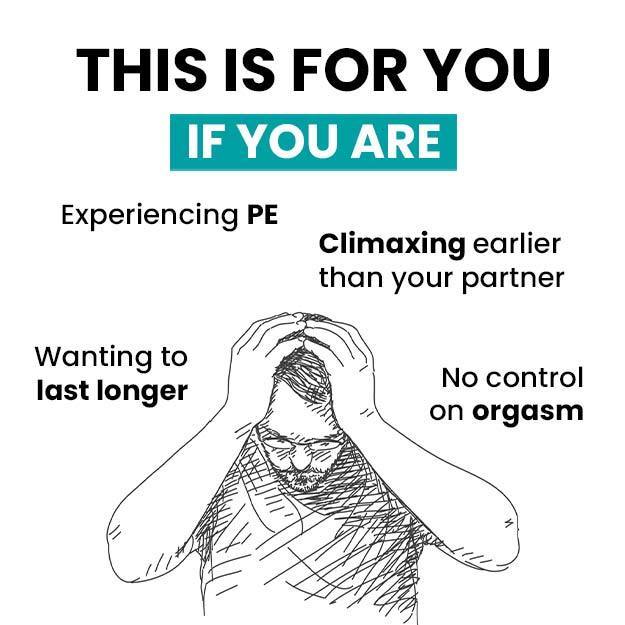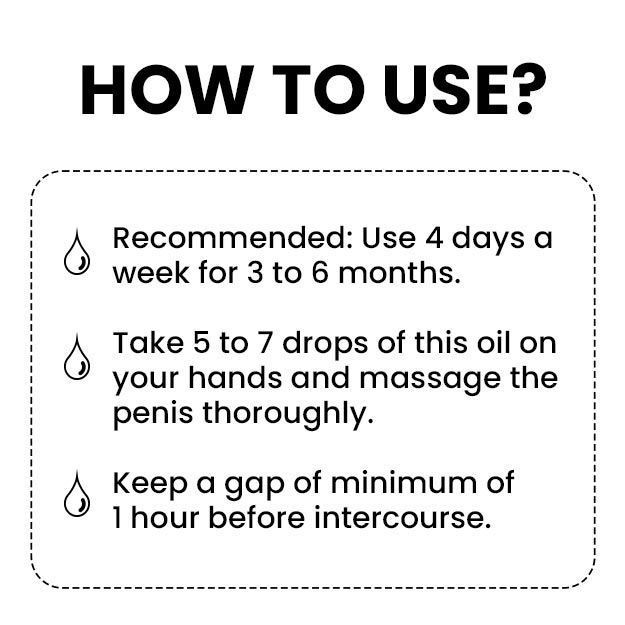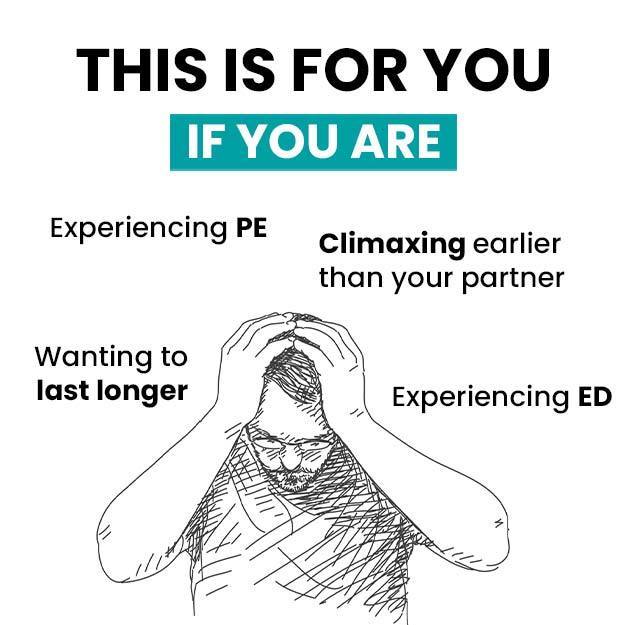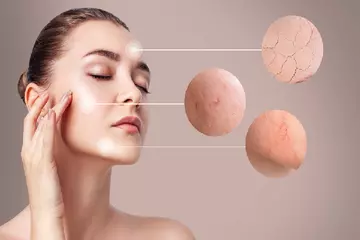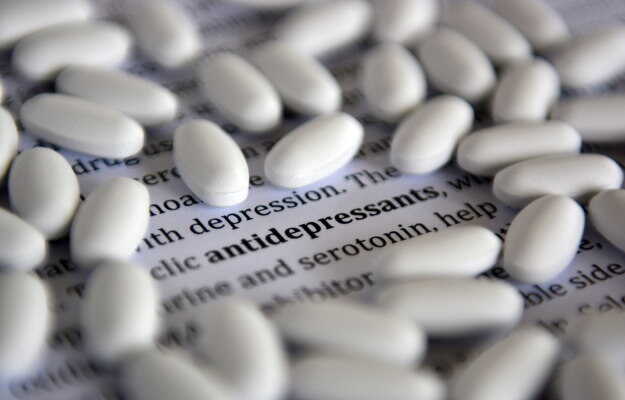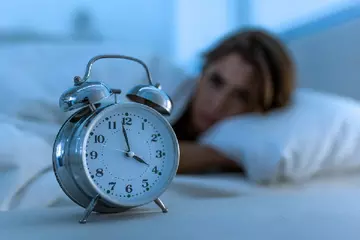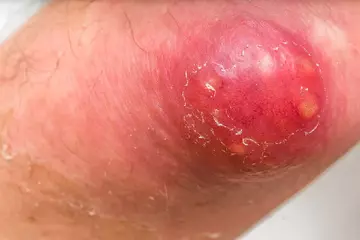Sex, or sexual intercourse, is a biological urge. It may be performed for pleasure or reproduction. While most people—men and women—experience arousal or the desire to have sex at varying intervals, there are some people who feel compelled to avoid sexual contact.
People with no desire to have sex, those who fear sexual contact and those who wish to avoid sexual intimacy of any kind may have a condition called sexual anorexia
Sexual anorexia is a pathological loss of interest in sex. It is different from an asexual identity in that sexual anorexia is a medical condition that needs treatment whereas asexuality is a sexual orientation just like heterosexuality, homosexuality and bisexuality among other kinds of sexuality.
Anorexia usually refers to an interrupted or reduced appetite for food. The term sexual anorexia was made popular by a sex addition expert by the name of Dr Patrick Carnes.
Sexual anorexia concerns people who look to avoid having sex or anything related to it. It is also known by several other names, such as reduced sexual desire, sexual avoidance and sexual aversion.
Some people with sexual anorexia report going through periods of sex addition. According to Dr Carnes, this could be because both sexual addiction and sexual anorexia are manifestations of the same issue: inability to rein-in one's sexual desires or behaviour. While sexual addicts respond to this by indulging their desires, sexual anorexics overcome this lack of control by abstaining altogether.
In most cases, there are psychological factors behind this state. However, in some cases, this state of mind can be brought on due to a pre-existing sexual problem, such as impotence in men or loss of libido. Both men and women can be affected by sexual anorexia. Read on to know more:

 Doctors for Sexual anorexia (loss of interest in sex)
Doctors for Sexual anorexia (loss of interest in sex)  OTC Medicines for Sexual anorexia (loss of interest in sex)
OTC Medicines for Sexual anorexia (loss of interest in sex)





